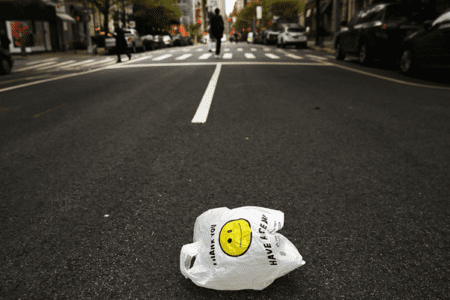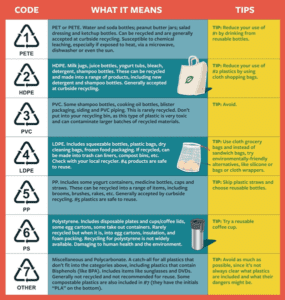Use of Road-graded Recycled Plastics in Road Built in Australia

Over the years, due to inadequate internal infrastructure and machinery, the Australian plastic recycling industry has largely relied on plastic exports for reuse. Both China and India announced a ban on the import of plastic waste and other types of solid waste in 2018. These policies have had an impact on Australia’s recyclable plastic market, of which 30% are planned to be exported to China in 2018.
For non-exportable waste, alternative methods need to be considered. Landfill is the main and most common way to dispose of plastic waste in Australia. However, environmental issues such as harmful gases, odors, dust and the possibility of groundwater pollution may be related to landfills. The risks of landfills vary depending on the size and age of the landfill.
Plastic has been criticized for clogging landfills, polluting the ocean, and leaking toxic chemicals, but the use of road-graded recycled plastics for sustainable asphalt pavements may be the way to mitigate the damage. It is said that plastic roads are more durable than asphalt roads. They can be used as polymer compatibilizers and asphalt modifiers. There are seven major categories of plastics, each of which has its characteristics and attributes (see table). Only four types of plastic are qualified and can be used for road construction, including polyethylene terephthalate (PETE), polypropylene (PP), high-density polyethylene (HDPE), and low-density polyethylene (LDPE). Australia’s first road constructed with soft plastic, glass and carbon powder in the north of Melbourne consumed approximately 200,000 plastic bags and soft plastic in packaging. In addition to reducing pollution, plastic roads have many advantages over traditional asphalt. Road experts say they are more resistant to weather or vehicle corrosion, thereby reducing dangerous potholes. This sustainable, cost-competitive road has a 65% increase in fatigue life and has excellent resistance to deformation, which allows the road to last longer and better able to cope with heavy vehicle traffic.

Reference:
https://austroads.com.au/latest-news/use-of-recycled-plastic-in-asphalt


 by
by